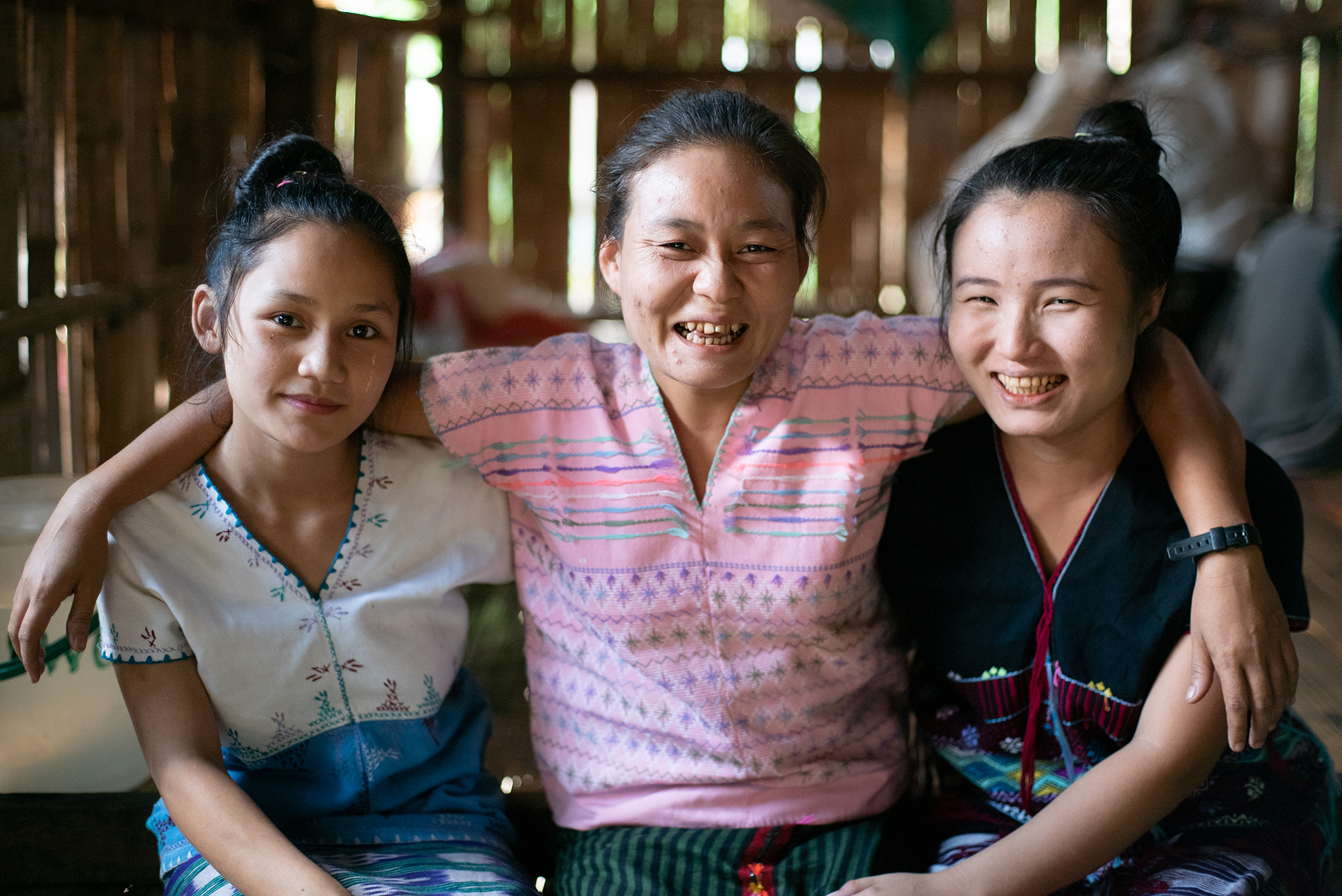This article was published more than 3 years ago.
As a longtime women’s rights advocate, I’ve been expected—once a year, on March 8—to find something to say about International Women’s Day. Given how little attention is paid every other day to the profound inequality that women face across the globe, this came to feel performative and sad—much like the yearly celebrations (such as, for example, when a group of Chinese men scaled a mountain in high heels to “experience the hardship” of being a woman). One day of extolling women’s virtues is not what we need or want.
But then one of those writing assignments took me into the surprising history of International Women’s Day and its place in the movement for women’s labor rights. International Women’s Day was part of a campaign to make women, their rights, and their struggles visible. It became a global phenomenon because of women’s solidarity across borders and differences. That’s the kind of story that inspires action, not flower sales.
That inspiration lives on—in the lives and work of courageous women’s activists across the globe. These women are innovators, strategists, and leaders. They are also targets for political and corporate actors unsettled by women’s activism and determination to smash the patriarchy.
These women are my heroes.
It takes incredible courage to advocate for trans rights in deeply conservative societies, to challenge cultural norms that condone violence against women, and to organize workers in women-dominated sectors that have been excluded from labor protections. It is the courage to defy societal and family expectations and to keep pressing for women’s rights and dignity in the face of reputational attacks and physical threats.
![[FTDES] women group photo](https://globalhumanrights.org/wp-content/uploads/2021/03/FTDES-women-group-photo-scaled.jpg)
On International Women’s Day, I think of women such as Hina Jilani, a leader in Pakistan’s human rights movement who campaigned against so-called honor killings. Or Marina Pisklakova, who started Russia’s first hotline for domestic violence survivors and turned it into a nationwide network of shelters. And Blanca Velazquez, who was one of Mexico’s rare female union leaders and created a workers’ center to defend the rights of workers in the maquilas, a sector dominated by women and rife with labor abuses.
Their work has changed lives. It is also high risk. Hina was shot at in her office by a gunman hired by a client’s family. Marina was threatened and labeled a foreign agent after she pushed for Russia’s first domestic violence legislation. Blanca’s office was raided and ransacked, and she received death threats.
Women’s rights activism challenges the status quo by redistributing power—in the family, in the community, in government, and in the workplace. Those who lash out at women activists are doing so to keep their hold on power. Their tactics, though, have not deterred feminist activists from expanding women’s access to health care and education, increasing protections for women’s sexual and reproductive autonomy, and building communities where gender-based violence is not tolerated.

Despite the many wins women’s rights activists like these have secured, the context in which many of them operate has veered away from progress. Increasingly authoritarian governments are rolling back women’s rights gains of the past 50 years as a part of their strategy to gain and hold political power.
The work that began in the streets over a century ago isn’t over. Across the globe, women’s rights are still under attack—and brave feminists are still fighting from Dallas to Kabul. The spirit of March 8 is still very much alive.
As the head of the Fund for Global Human Rights, every day I find new heroes who are part of the next wave of feminist activism. Women like Savita Ali, a fearless lawyer in India who had to complete law school in secret and now mentors new female lawyers at her own practice. Or Pyo Pyo, who helps displaced Karen women in Myanmar access food, education, and health care.
It’s time once again to focus on their courage and to hear their demands. Let’s honor women’s rights activists on March 8—and every day thereafter—by learning and sharing their stories, rejecting the authoritarian narratives about women and their role in society, and joining forces within and across our communities to defend the rights that women everywhere know cannot be taken for granted.


